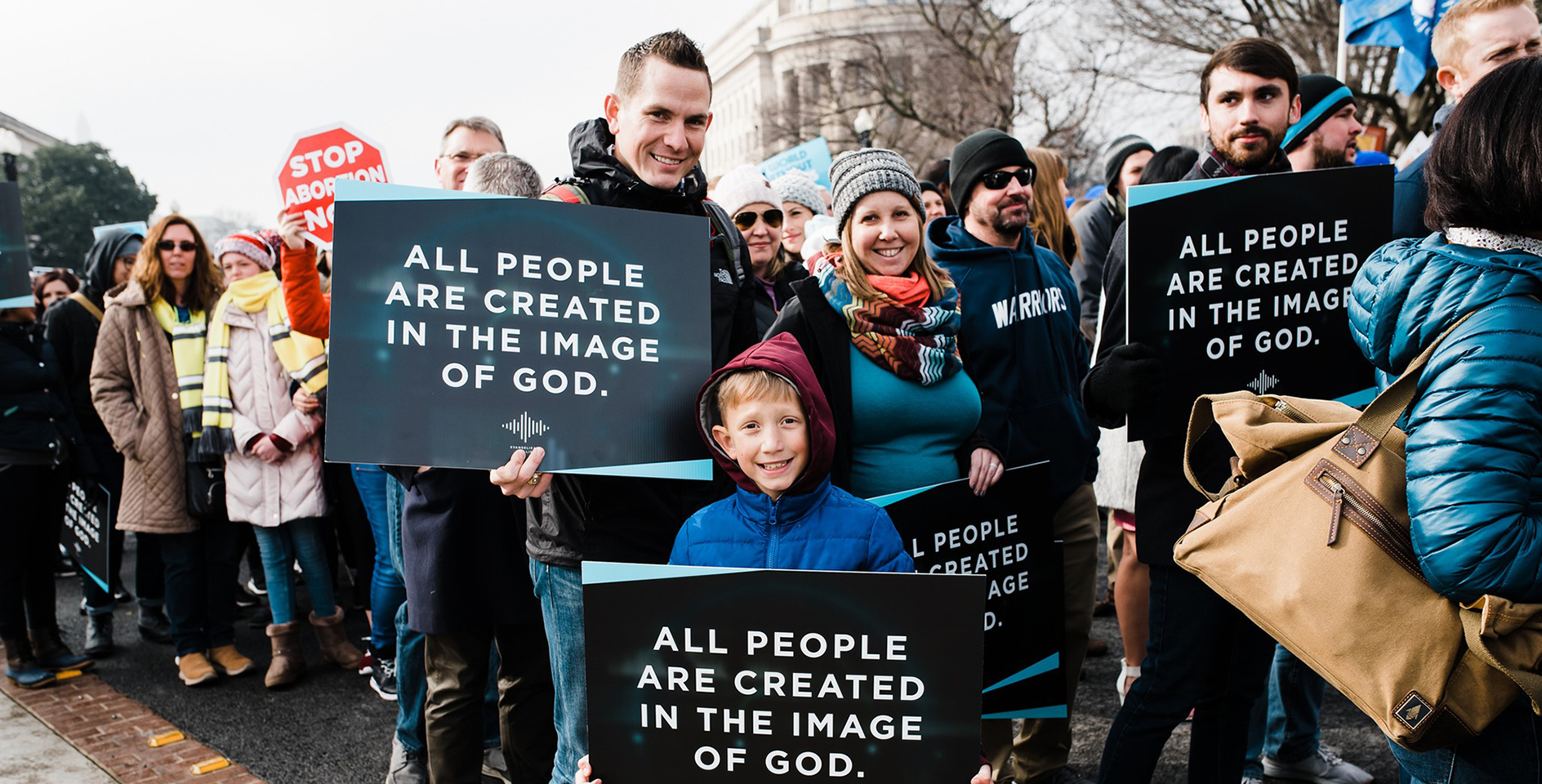This weekend (Jan. 19), many Southern Baptist churches in America will observe Sanctity of Human Life Sunday. This event recognizes the commitment to the sanctity of life and protection of the unborn that is shared by members and churches of the Southern Baptist Convention (SBC). But many Baptists are unaware that the SBC has not always been on the right side of this pro-life divide.
Here are five facts you should know about the history of the SBC and the pro-life cause:
1. Prior to the 1970s, many Southern Baptists either took no position on abortion or were accepting of legal abortion under certain conditions. As political scientist Andrew R. Lewis notes, while Southern Baptists took a high view of life, even fetal life, and opposed abortion-on-demand, they also tended to support legal abortion in several cases beyond protecting the life of the mother. For example, a poll conducted by the Baptist Sunday School Board in 1970 found that 70% of SBC pastors supported abortion to protect the mental or physical health of the mother, 64% supported abortion in cases of fetal deformity, and 71% in cases of rape.
2. Abortion wasn’t much discussed within the denomination in the years preceding legalized abortion. From 1965-1968, no Baptist state paper mentioned abortion, and no Baptist body took action related to the subject. The most prominent mention came in 1971, when the leadership of the Christian Life Commission (which was later renamed ERLC) supported a resolution—which was later adopted at the SBC annual meeting—that called upon Southern Baptists to “work for legislation that will allow the possibility of abortion under such conditions as rape, incest, clear evidence of severe fetal deformity, and carefully ascertained evidence of the likelihood of damage to the emotional, mental, and physical health of the mother.”
3. In 1973, the Supreme Court made abortion-on-demand the law of the land in its twin rulings of Roe v. Wade and Doe v. Bolton. As David Roach points out, some Southern Baptists criticized the ruling while maintaining their support of abortion rights as defined in the 1971 resolution. Nine days after the ruling, Baptist Press—a wire service run by the Southern Baptist Convention—ran an article with the lead paragraph stating the decision “advanced the cause of religious liberty, human equality and justice.” The story also says the court was a “strict constructionist” court and not a “liberal” court, and observed there “is no official Southern Baptist position on abortion.”
4. While the Roe decision galvanized support for the pro-life cause among some evangelicals such as Francis Schaeffer, Carl F. H. Henry, and the National Association of Evangelicals, the SBC only began to change its view in the years between 1976 and 1980. Beginning in 1979, the movement known as the Conservative Resurgence began to push the denomination away from a liberal trajectory. This change paved the way for two events that pushed the SBC in a more pro-life direction: The election of long-time pro-life advocate Richard Land to head the Christian Life Commission, and the adoption of the 1980 resolution supporting “appropriate legislation and/or a constitutional amendment prohibiting abortion except to save the life of the mother.”
5. In 1984, Southern Baptists for Life was started to advance the pro-life cause within the denomination (they helped to place a Sanctity of Human Life Sunday on the denominational calendar each January). Then, in 1988, Land’s appointment at the Christian Life Commission (CLC) helped to set the standard for pro-life commitment within denominational entities. By the 1990s, the leadership of the SBC consistently reflected the pro-life views of rank-and-file Southern Baptists. Under Land’s leadership, the CLC/ERLC lobbied for pro-life legislation in Congress and promoted the biblical ethic of life on abortion and other issues. Since Land’s retirement in 2013, current ERLC President Russell Moore has continued to advance the pro-life cause both within the denomination and throughout the U.S. Under Moore’s leadership, ERLC has launched such pro-life initiatives as the Evangelicals For Life Conference, held before the annual March for Life rally, and raised funds for the Psalm139 Project, which purchases ultrasound machines and provides training for pregnancy care clinics.
Photo Credit: Karen McCutcheon/Baptist Press









